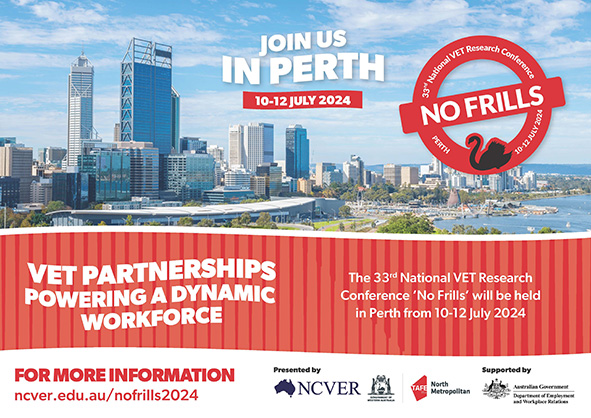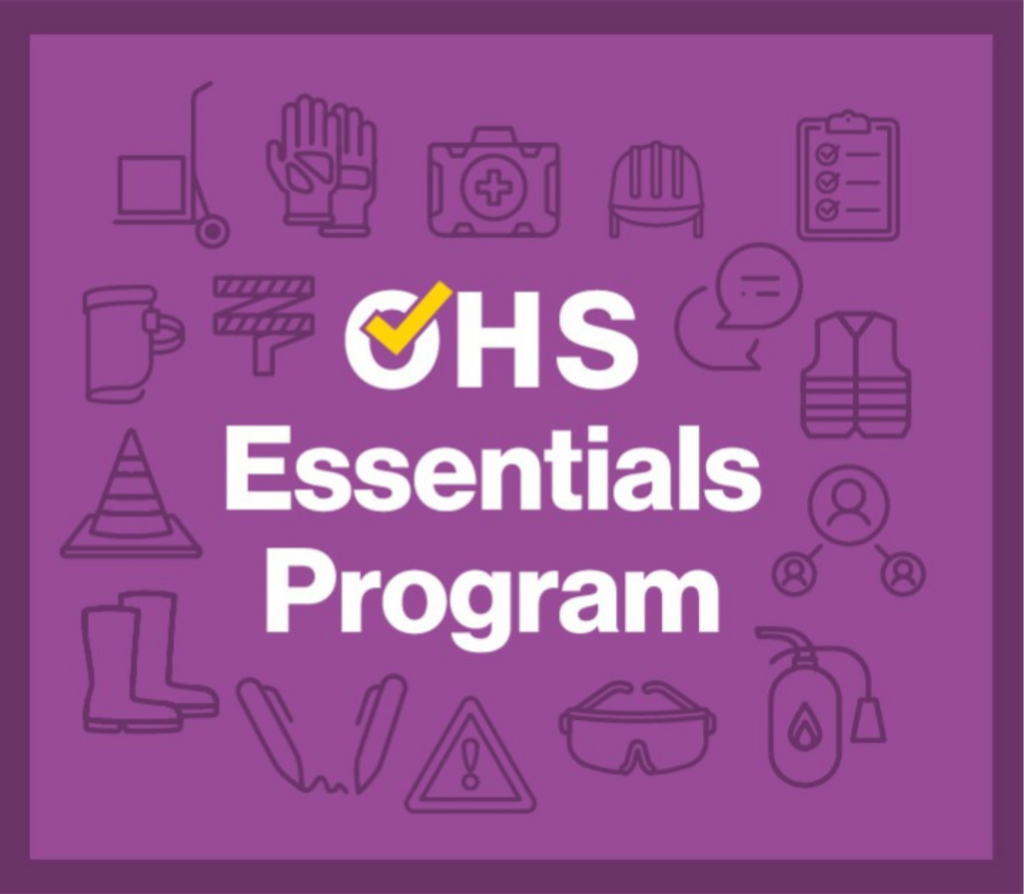June 30 saw federal and state/territory skills ministers meet to consider where VET is going nationally. The communique issued after the meeting highlights a range of issues, including the architecture of the new 5-year national skills agreement.
Other issues considered qualification and quality reforms, including “the ongoing development of nationally networked TAFE Centres of Excellence.” These centres “will partner with industry, universities, and governments to address critical challenges in our economy such as transition to a clean economy, manufacturing and sovereign capability, and care and support and other place-based regional priorities” as well as addressing key skills shortage areas by working “to establish trust and confidence in a high-quality training sector.” VDC News has looked at the issue of Centres of Excellence before: here and here.
Qualification reform
As the Ministers’ communique notes:
“Qualifications reform is a key to supporting workforce development and a stronger, more resilient, and productive economy. [They] recommitted to important qualifications reform, agreeing to a VET qualifications system which is:
- high-performing, easy to navigate, and meets the needs of employers and learners now and into the future;
- supports innovation and excellence in training delivery and assessment;
- supports safety and quality in training outcomes;
- delivers an adaptable skilled workforce resilient to structural changes; and
- supports more employers to use nationally recognised training.”
A tripartite Qualifications Reform Design Group will also be established to take this reform forward and draft new rules for the development of units of competency and qualifications that recognise the differing needs of industry by the end of 2023. It “will be comprised of members with strong VET sector experience and representation from unions, employers, a State/Territory government, and education experts” and be supported by advice from a wide representation of industry stakeholders. Jobs and Skills Councils are considered to “be integral to the reform process, providing expert advice and leading the transition.”
Keep an eye on future editions of VDC News for updates and insights on this reform.
Quality reforms, including the VET Workforce Blueprint
Skills Ministers discussed the progress of these quality reforms, “including possible early changes to the current Standards for Registered Training Organisations.” “As an immediate priority, Skills Ministers committed to work together to strengthen the Fit and Proper Person Requirements under the RTO Standards, to ensure integrity in the VET sector.”
In addition, “Skills Ministers also discussed potential changes to the RTO Standards to reflect the updated Training and Education Package, and to support growing the available VET workforce,” with a final suite of amendments still being considered. Hopefully, these amendments not only include growing but also putting more effort and resources into developing the VET workforce.








